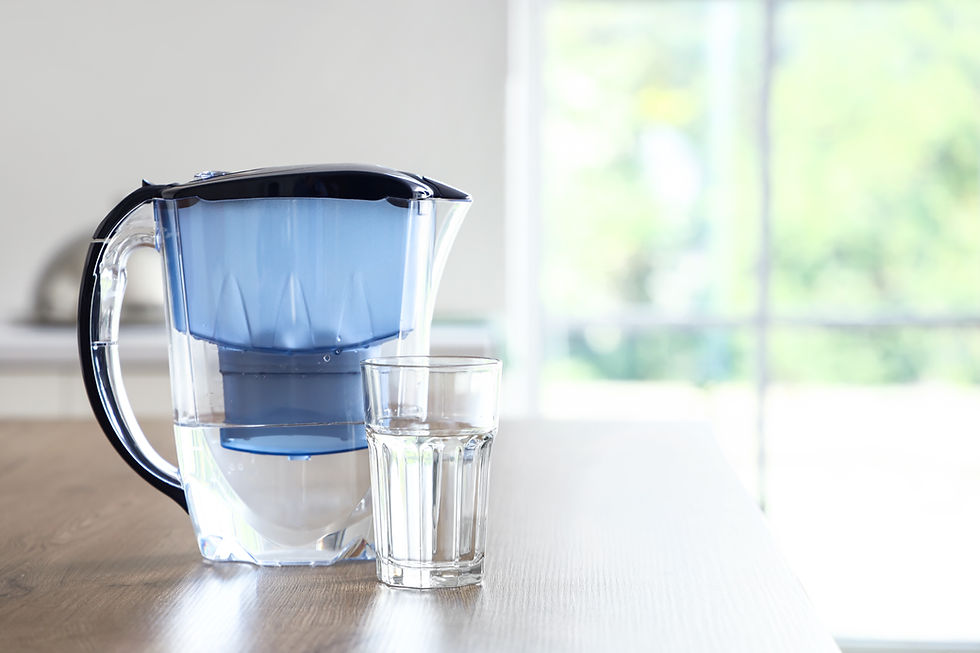Showering in chlorinated water
- Holmblad Water
- Apr 24, 2023
- 2 min read
Updated: Apr 9, 2024

Chlorine serves as a prevalent disinfectant in municipal water systems, crucial for eradicating harmful bacteria and microorganisms to ensure water safety for consumption. Nevertheless, prolonged exposure to chlorine in shower water can adversely impact our skin, hair, and overall health. This underscores the importance of employing shower water filters, particularly in areas where chlorine-treated water is common.
During showers, the combination of heat and steam can prompt chlorine to evaporate, forming chlorine gas, which can be inhaled. Additionally, chlorine can permeate the skin, leading to irritation, dryness, and exacerbation of conditions such as eczema, particularly concerning for individuals with sensitive skin or allergies.
Moreover, the chemical disinfectants in water can react with organic substances, generating harmful disinfection byproducts (DBPs) like trihalomethanes (THMs). These DBPs have been linked to severe health risks, including cancer, birth defects, and reproductive issues. Exposure to these chemicals during showers can occur through both inhalation and skin contact, emphasizing the need to minimize exposure.
Chlorinated shower water is also associated with eye irritation, dryness, redness, and an elevated risk of bladder cancer, as well as other health issues such as asthma, allergies, and thyroid problems.
Installing shower filters can effectively eliminate chlorine and DBPs, thereby reducing skin irritation and dryness, alleviating respiratory issues, and decreasing the risk of other health problems. However, it's important to be discerning, as shower water filters with multiple layers of filtration may not necessarily be more efficient and could be merely a marketing tactic. Optimal shower filters should include essential components like coconut-based activated carbon, KDF 55, and calcium sulphite.
In summary, using a high-quality shower filter in areas where water is treated with chlorine is crucial for promoting better health and well-being. By minimizing exposure to chlorine and other harmful chemicals in shower water, we can enhance skin and respiratory health while reducing the risk of associated health issues. When selecting a shower filter, prioritize those with essential and proven filtration elements like activated carbon, KDF 55, and calcium sulphite, rather than being swayed by excessive filtration layer claims.



Comments